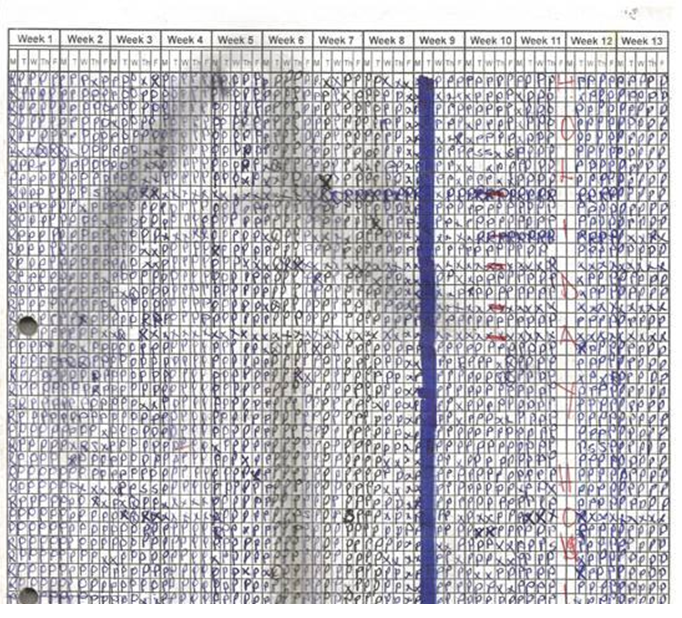Reshma Patel is the Executive Director of Impact Network, a group of more than 40 schools in rural Zambia. The Impact Network is a member organisation of the Ark venture, Global Schools Forum (GSF). GSF supports and represents non-state schools and school networks in low and middle-income countries, enabling them to better deliver quality education to children from low-income families.
This is the first in a series of blogs, all written by members of GSF, featuring stories showing how technology can be used to support schools throughout the world.
Around three years ago, one of our co-founders had a pie in the sky idea. What if we used fingerprint data to track attendance in our schools? This may not seem too far-fetched for some schools in the developed world, but our schools in rural Zambia don’t have internet or running water, only have limited electricity, and even getting to some of them by car can be difficult.
The idea had come about a year after struggling through our attendance data and analysing it. It had become painstaking to track our students over time – daily attendance records weren’t entered into data systems until the end of the term, and it took an immense amount of human power to transcribe it, match students, and analyse the information. Students’ names would be spelled differently each term, dates of birth unknown, addresses were non-existent, and often the registers were dusty, dirty and difficult to read. See an example photo below! By the time the team in Zambia saw summary data on how each school and teacher was doing, the next term was well underway.

It was around this time that we increasingly started seeing smartphones unlocked with people’s fingerprints. We did some initial research – the units were expensive, they weren’t designed to be used in rural conditions, and they often needed to be connected to the internet, which wasn’t an option for us. The first ones we looked at didn’t work in rural and dusty environments and often needed an internet connection, which ruled them out for our schools!
Around this time (and thanks to a chance encounter), we were pointed in the direction of Simprints, an organisation that builds low-cost fingerprint scanners for exactly these situations. They were still in early stages, field testing different sensors for local conditions in developing nations. We got in touch and a few months later, the Simprints team was in Zambia working with our students and communities, and testing different devices on the populations we work with.
Fast forward to now, Simprints has created the Vero scanner, and we have piloted the program at two of our schools. During the pilot, our students lined up for school and scanned their fingerprint as they entered the classroom each day. We are working on updating our mobile application platform before we roll this out to nine schools later in 2018.
This means that staff all the way in New York will be able to see the attendance in each teacher’s class (including teachers themselves). We can troubleshoot issues, track down students who have been absent, and work more closely with our communities. Through this effort, we will have accurate data in real-time, rather than unreliable data at the end of the term or year. This is the first system of its kind being used for education purposes, and the promise it holds for our students and communities is remarkable.
Learn more about how the Global Schools Forum supports its member organisations around the world by visiting the website: www.globalschoolsforum.org
For more information about Ark Ventures click here.